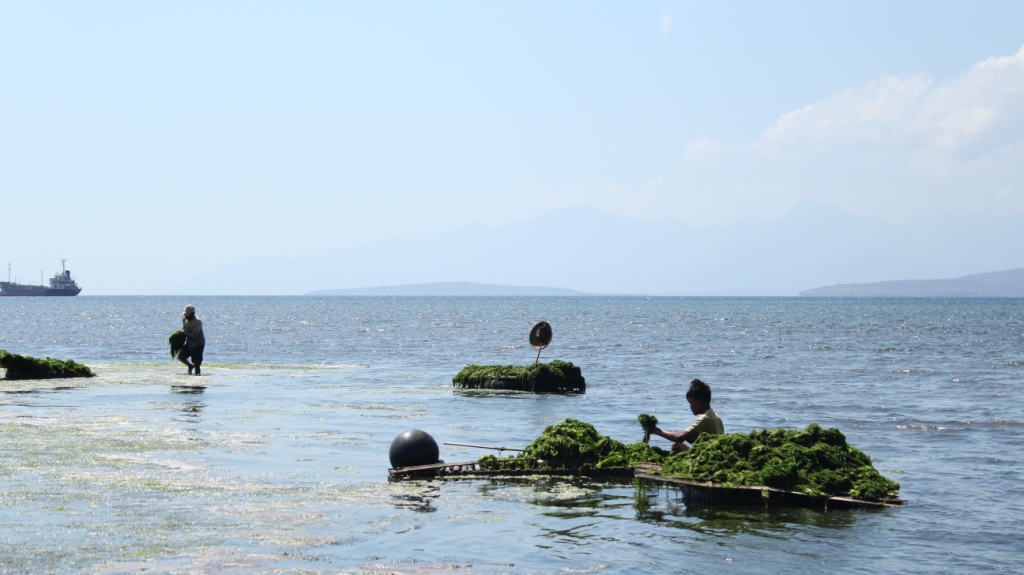UNAIR NEWS – January 13 is Fishermen’s Rights Day. Human rights are the basic rights and freedoms that belong to every person in the world from birth until death, which is inherent to all human beings and also a gift from God.
Enforcement of Fishermen’s rights stated by Ministry of Maritime Affairs and Fisheries in Regulation No. 35 of 2015 concerning Human Rights System and Certification for fisheries. The background of regulation establishment is due to the proliferation of human trafficking involving Indonesian fishermen to be used as crews on foreign ships.
With the formation of various regulation from Indonesian Ministry of Maritime Affairs and Fisheries, the government has done various things to safeguard fishermen’s rights and protect the safety of Indonesian fishermen. Some of the things that have been done by the government are regulating fishermen’s work contracts, fishermen’s working hours, and educating fishermen about products processing.
According to Arif Habib Fasya, S.Pi., M.P., a lecturer at Faculty of Fisheries and Marine of PSDKU UNAIR Banyuwangi, the role of the government in upholding Indonesian fishermen’s rights has been very good.
“Our government has done various things, for example, there are fishermen insurance, work contract rules between ship owners and fishermen, and various education for fishermen,” he explained.
According to him, there are 3 things that must be the government’s focus in upholding human rights of fishermen: working hours, wages, and education for fishermen. Working hours, he continued, are very important and need supervision in their enforcement. In fact, this has been stated in KP Regulation No. 42 2016, that industry players must ensure maximum working hours is 8 hours, ensure a minimum age is 18 years, and guarantee insurance for all workers.
“Fishermen or ABK are not slaves, if their working hours are more than 8 hours, there must be overtime wages,” he said.
Fishermen’s working hours, he explained, have to do with wages. In the world of fisheries, wages can be concluded on three types: basic wages, overtime wages, and bonus wages. For basic wages, the amount of their wages according to the agreement in employment contract. Overtime pay must exist if working hours exceed 8 hours and also bonus wages are entitled to be given to workers if the results exceed the target.
“If these two things are implemented 100% in the field, the lives of Indonesian fishermen are likely to be prosperous,” he said.
Education about processing fishery products to fishermen. According to the lecturer who often called Fasya, we need to educate them, the goal is to educate fishermen if they reached a less productive age.
“If fishermen reached a less productive age, they dont have to go to sea because they already have knowledge about how to process fishery products to fulfill their daily needs,” he concluded.
In addition, Sutikno, who is one of fishermen in Pecaron-Situbondo area, also participated on Fishermen’s Rights Day. According to him, although there are only a few fishermen in Pecaron area who still work for other people, in the sense that most of them (fishermen, ed) are self-employed, Sutikno appreciates the government’s role in improving fishermen’s welfare, because the government often gives them assistance.
“I personally hope that government will provide fish farming education to us, because in our opinion the cultivation is more sustainable than fishing education,” he concluded.
Author: Bastian Ragas
Editor: Nuri Hermawan





